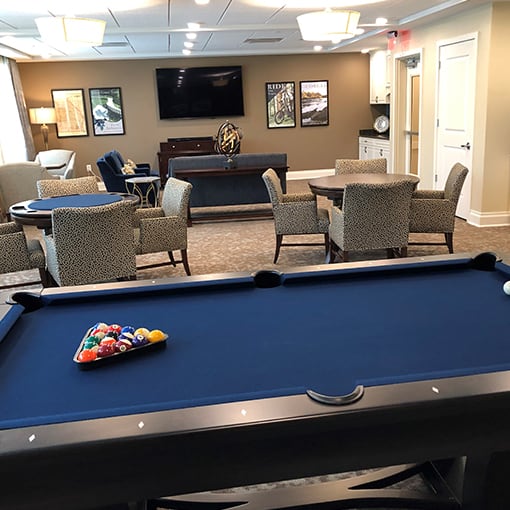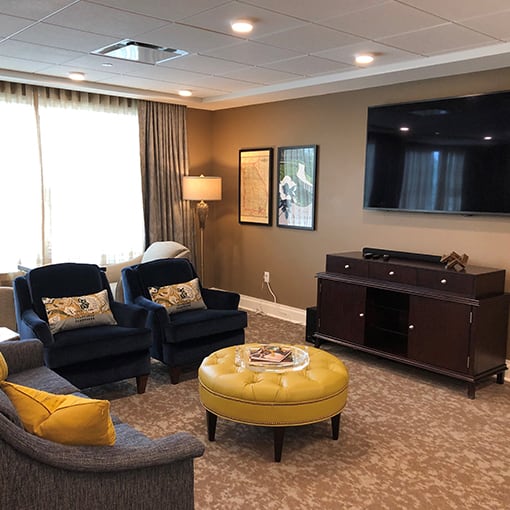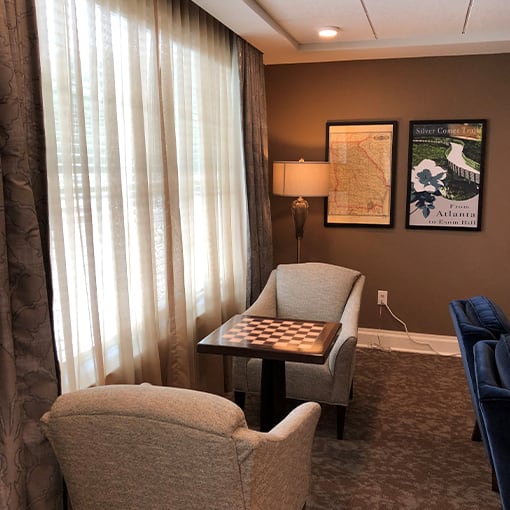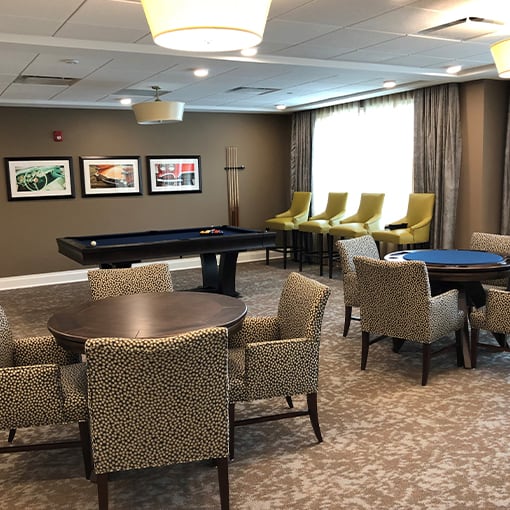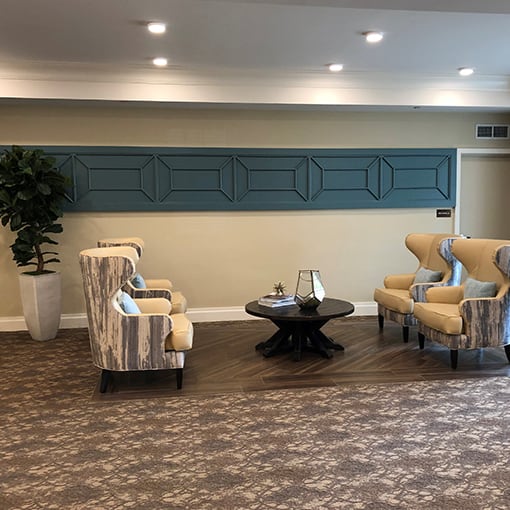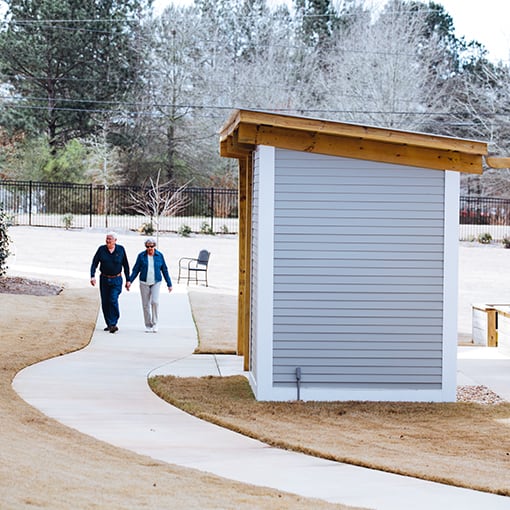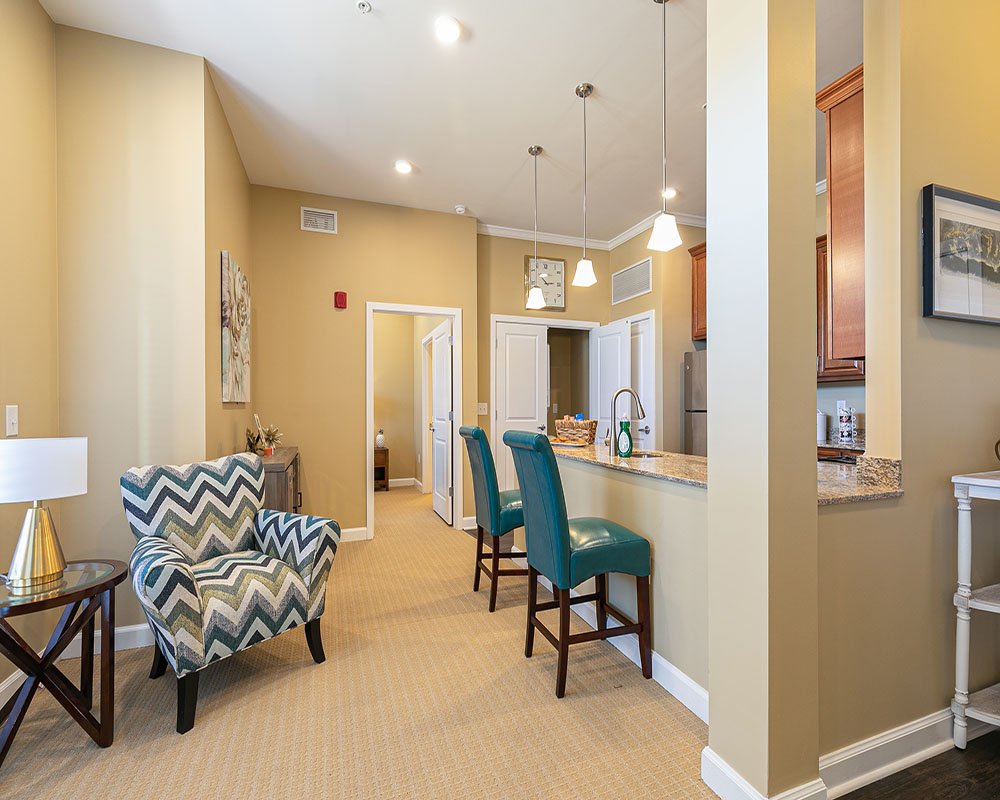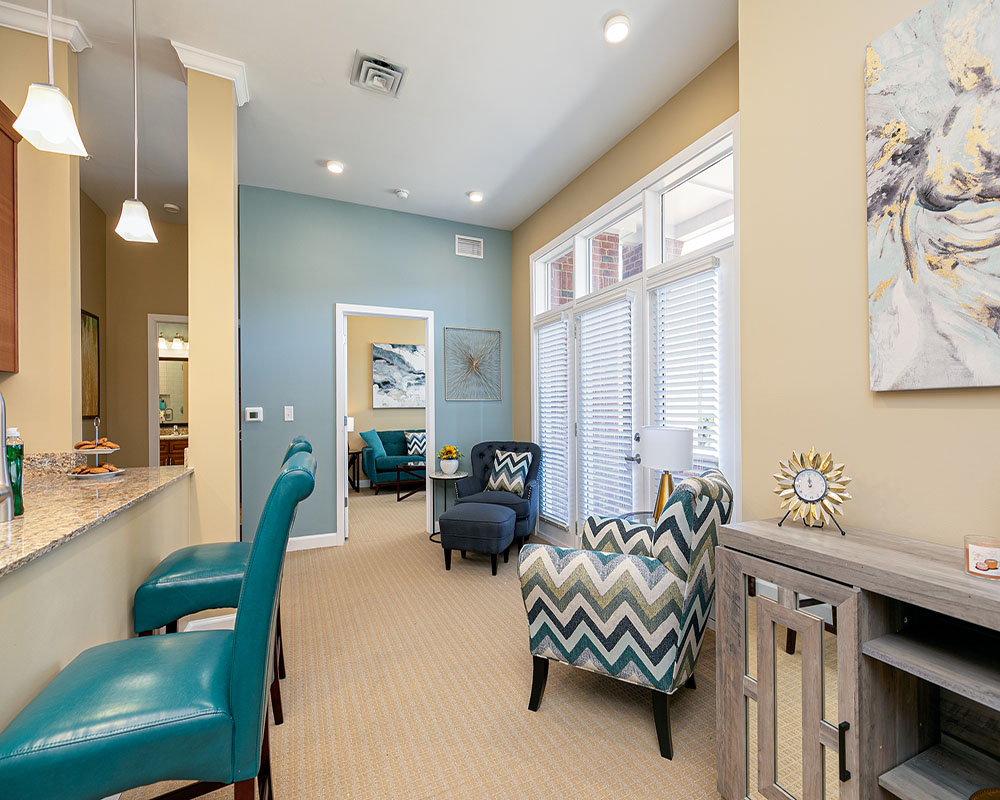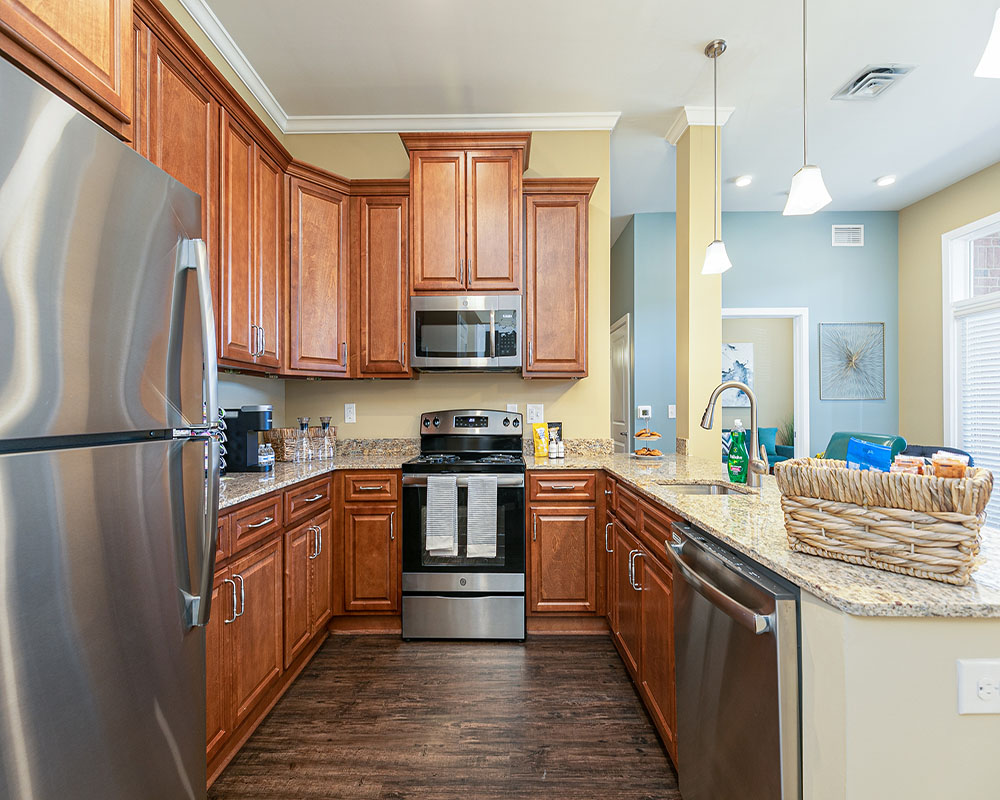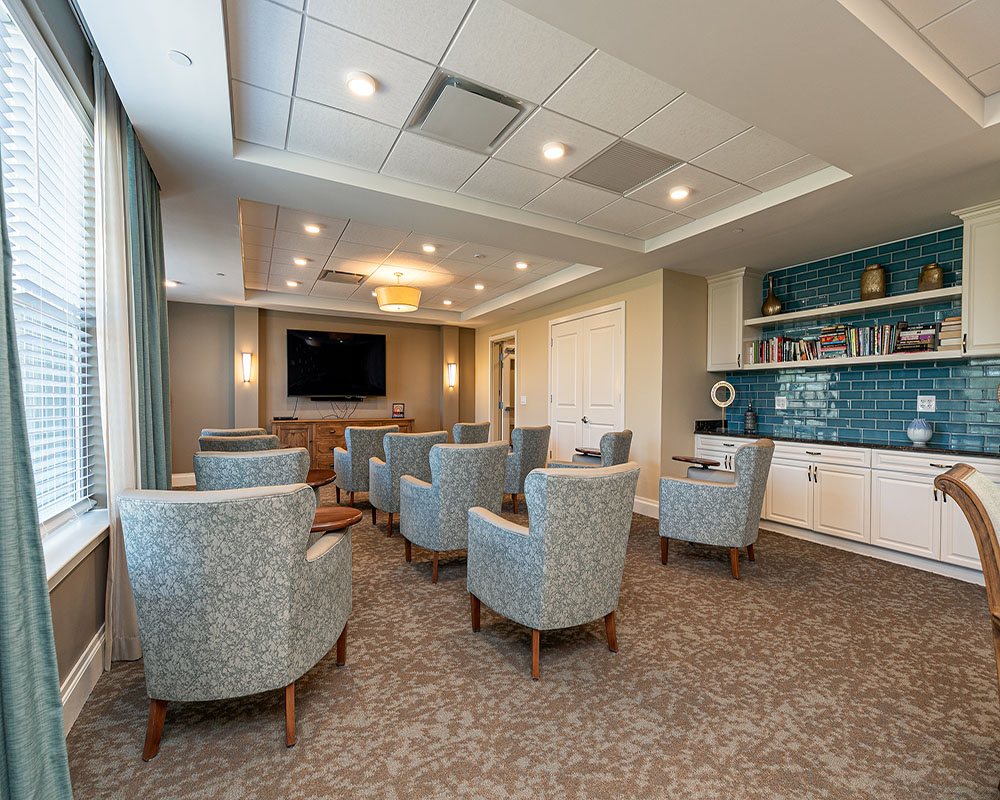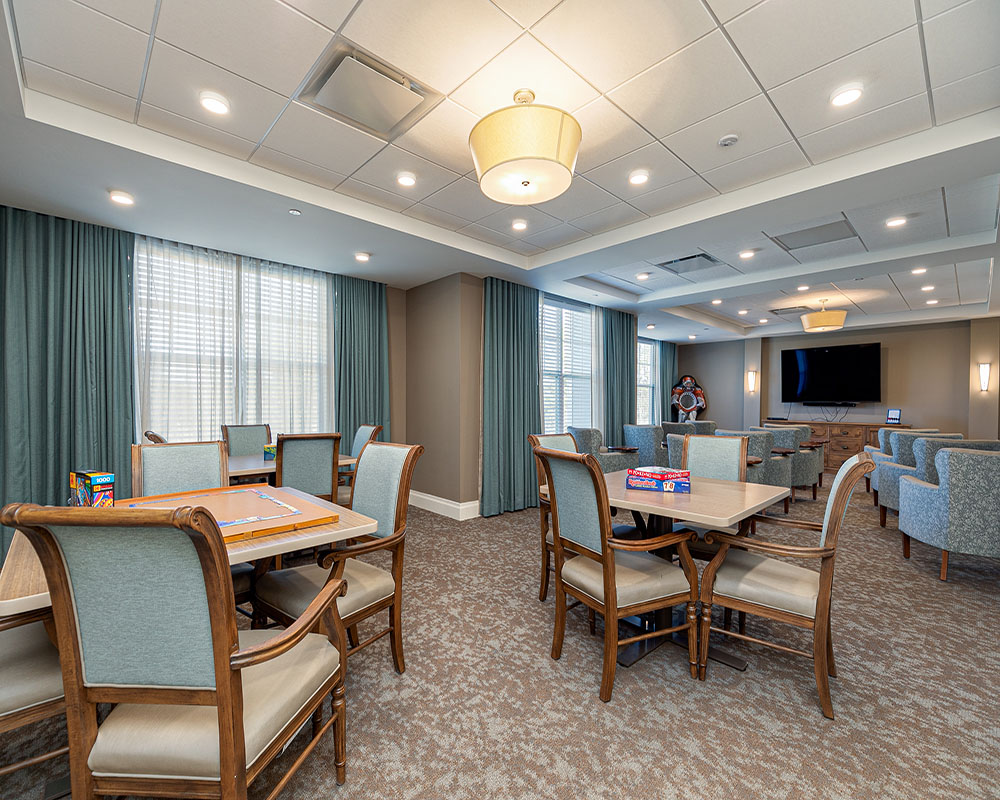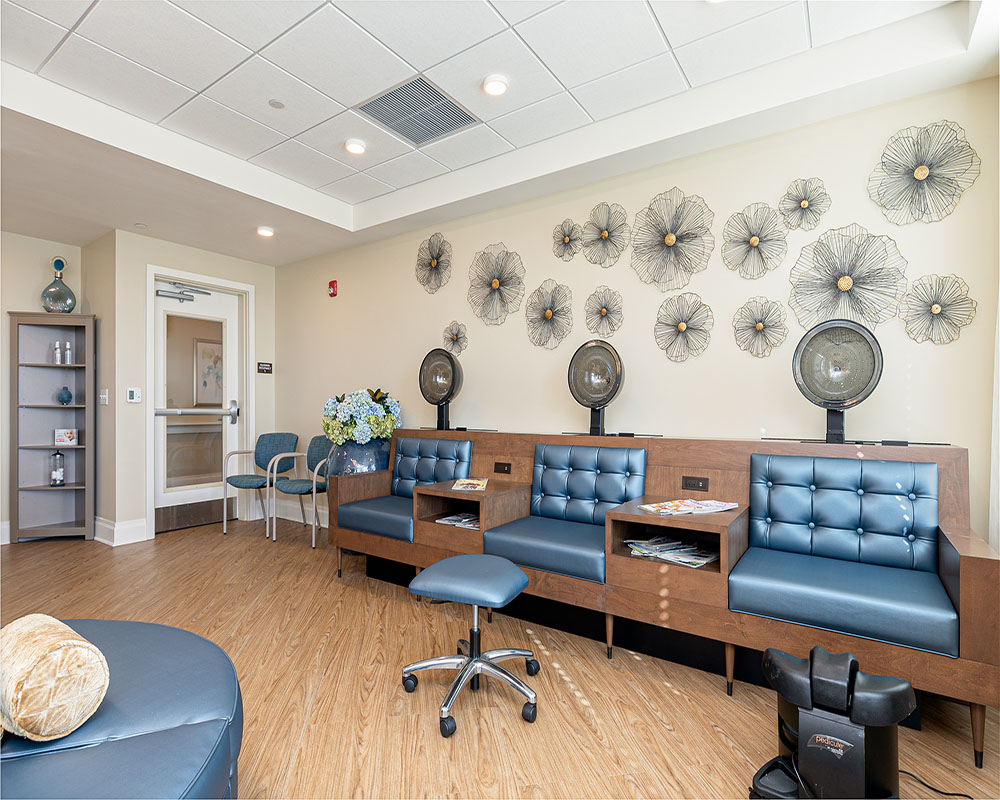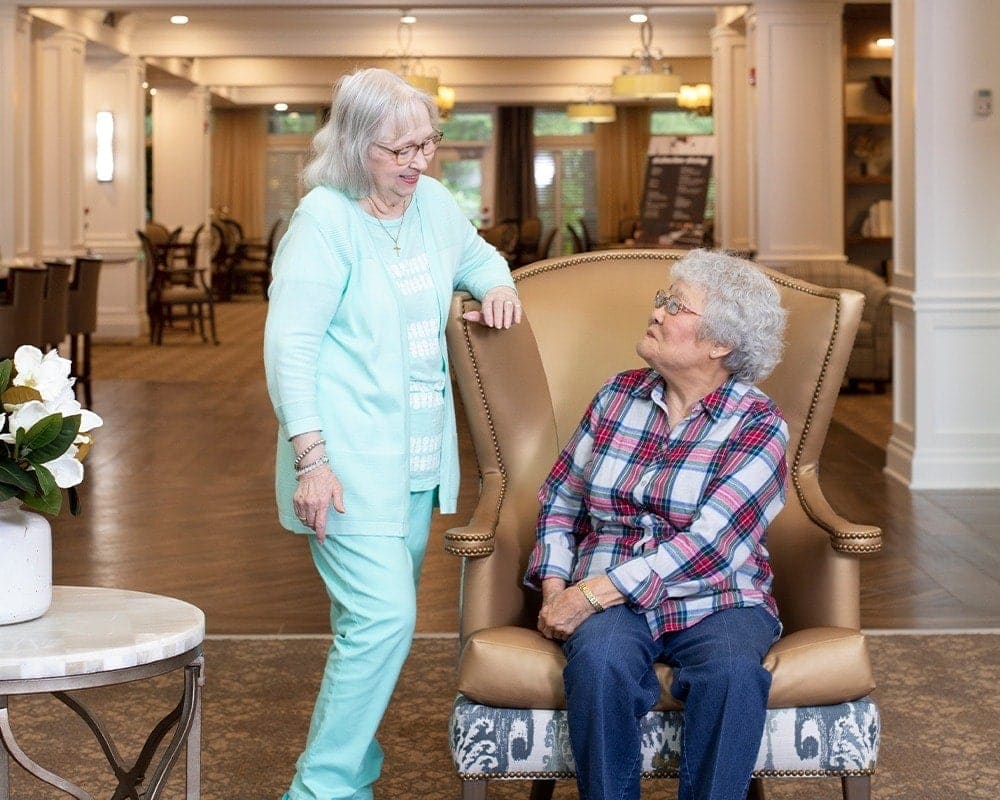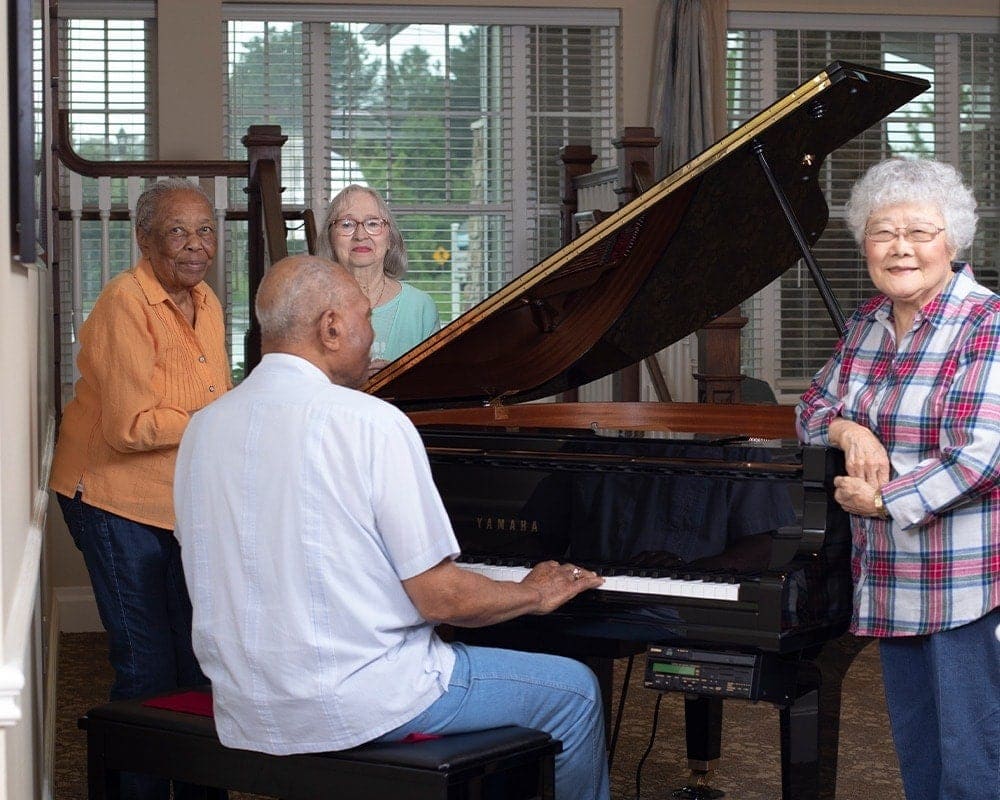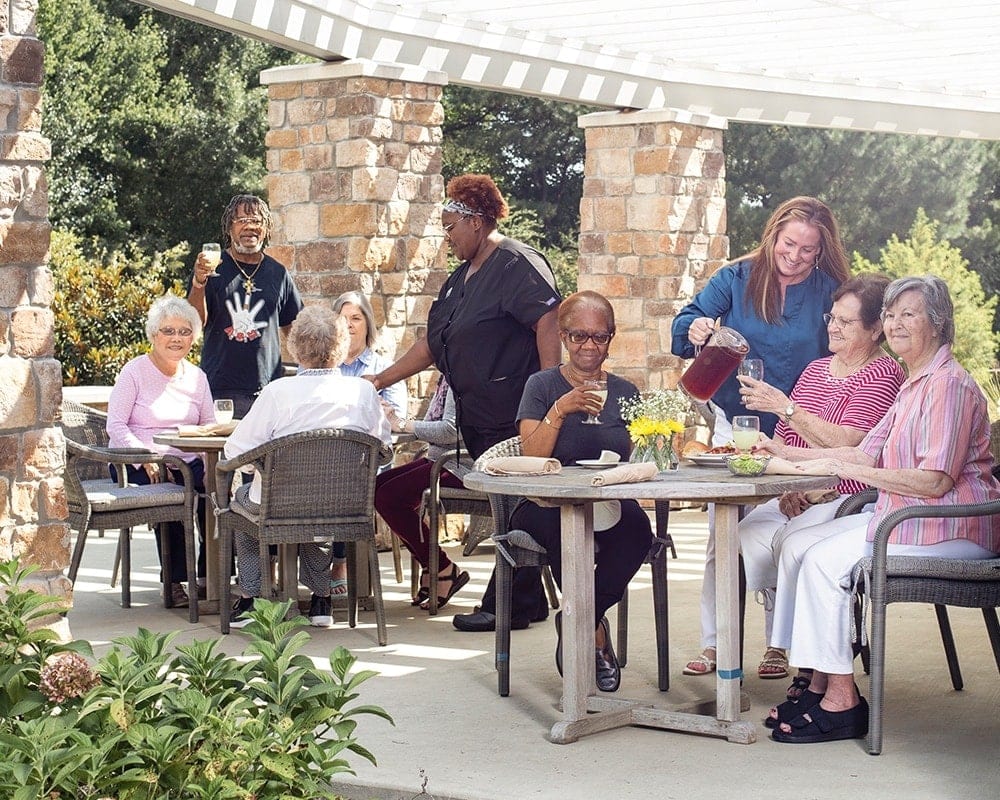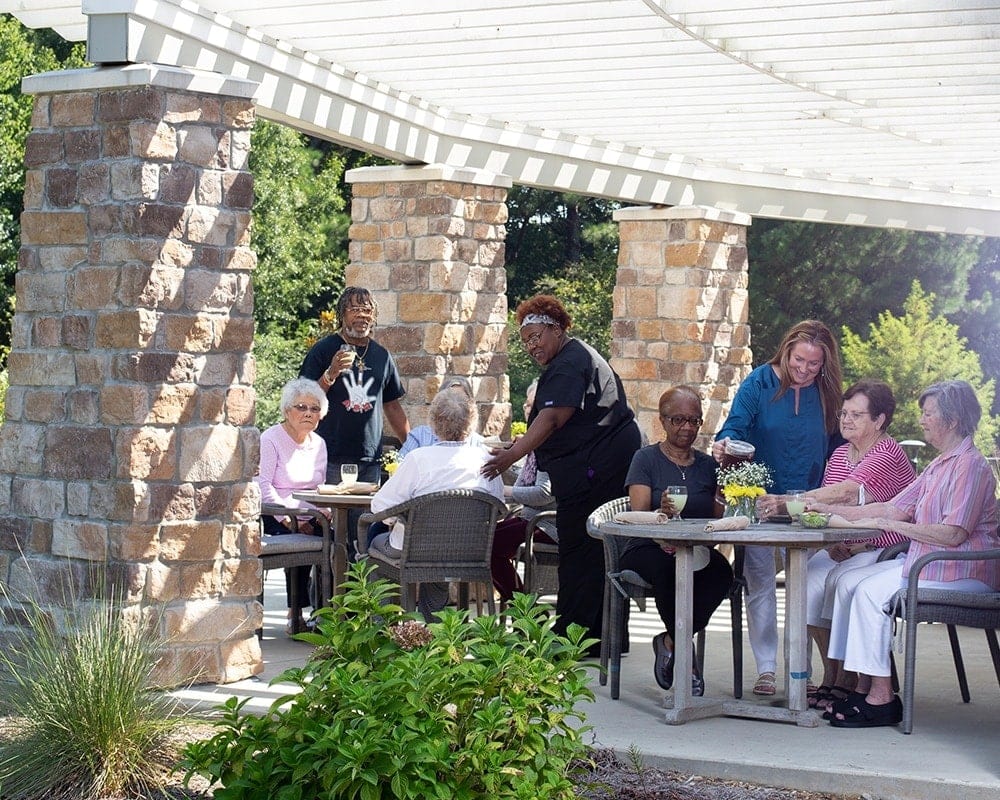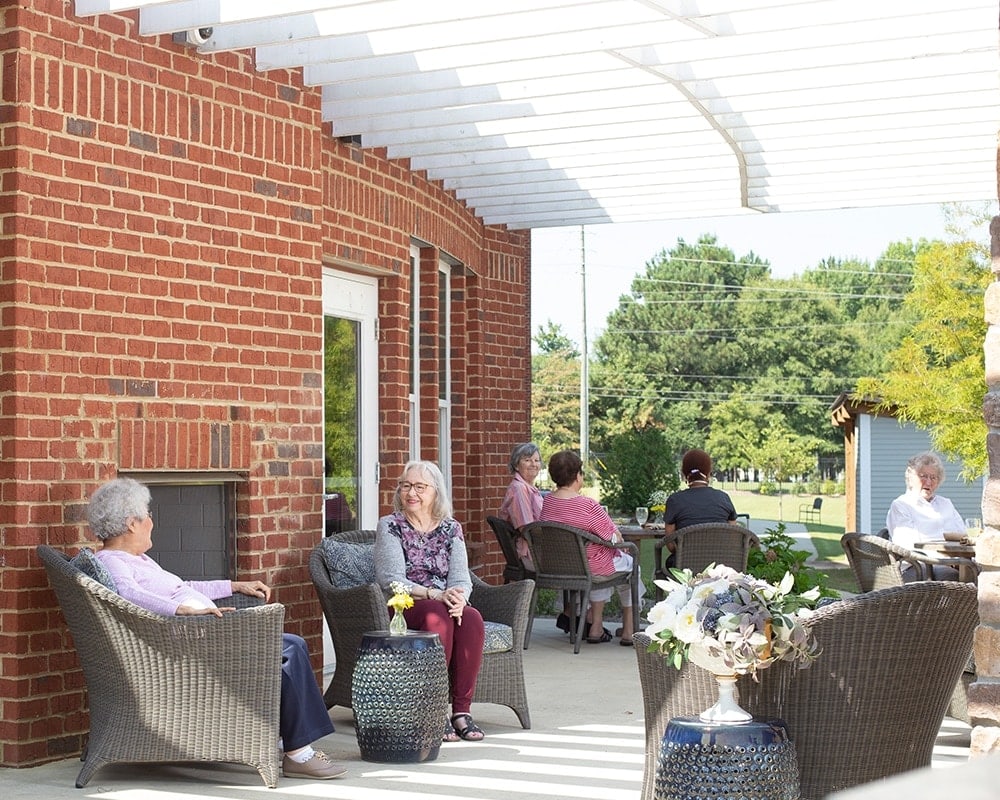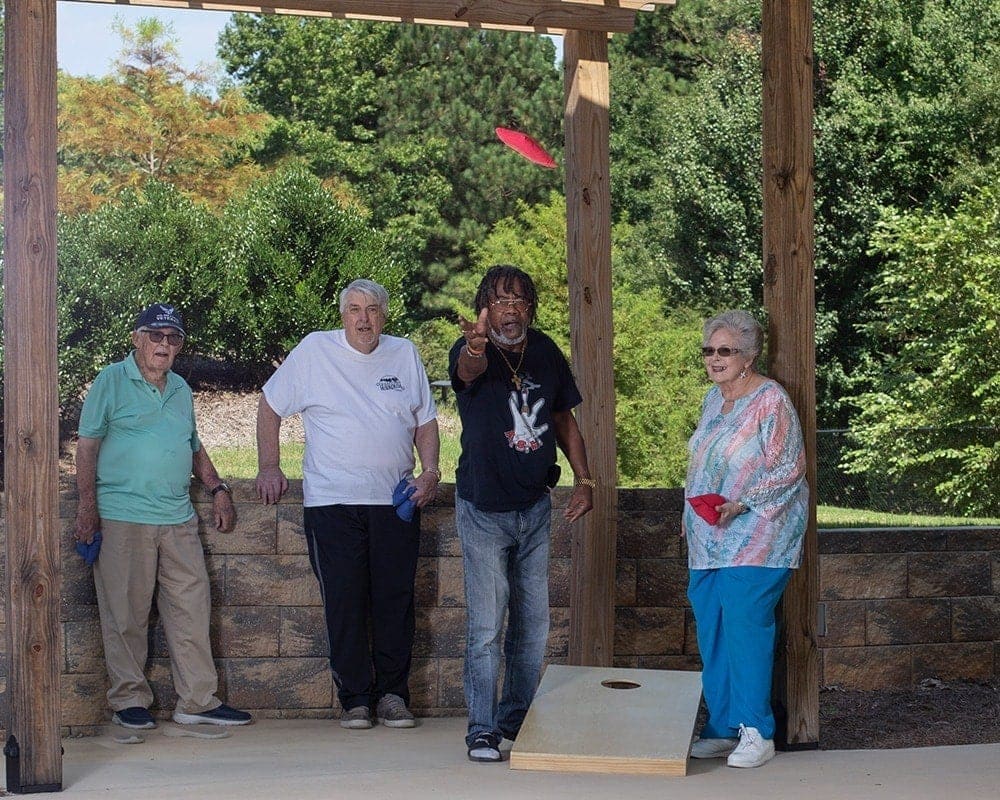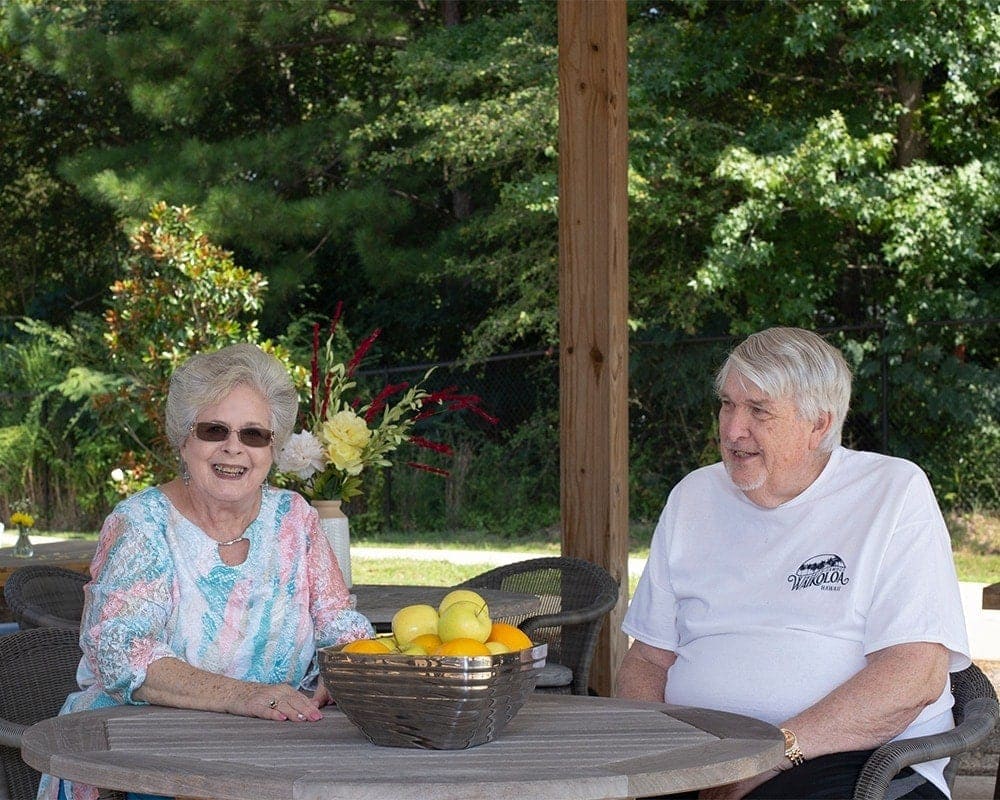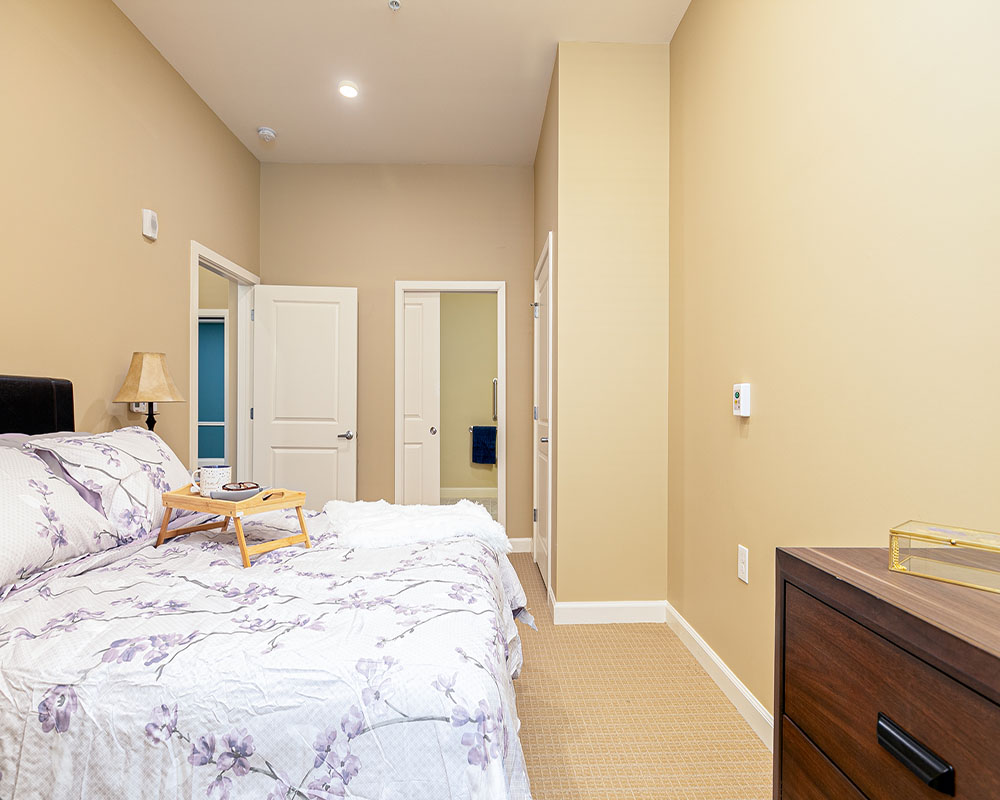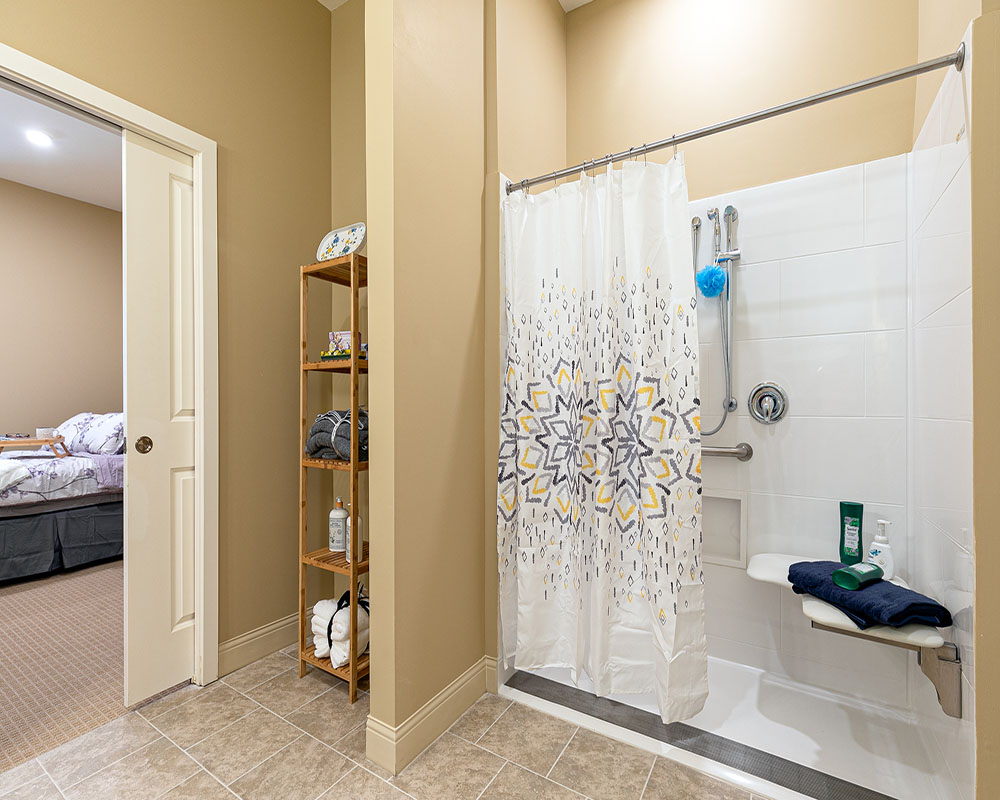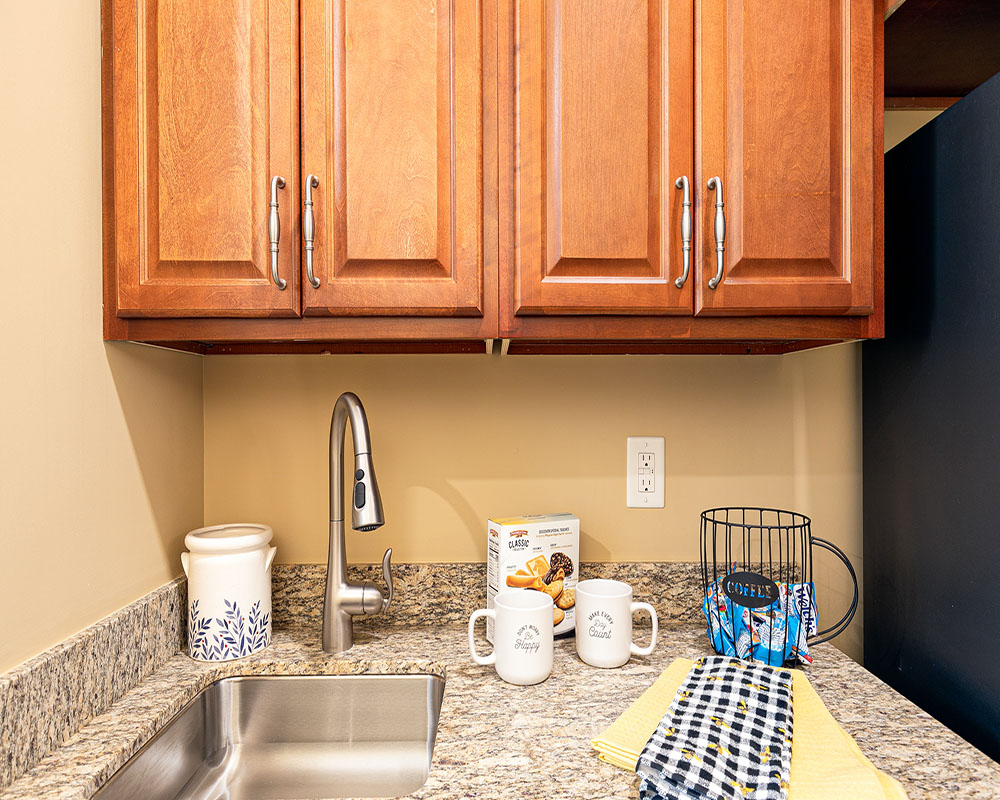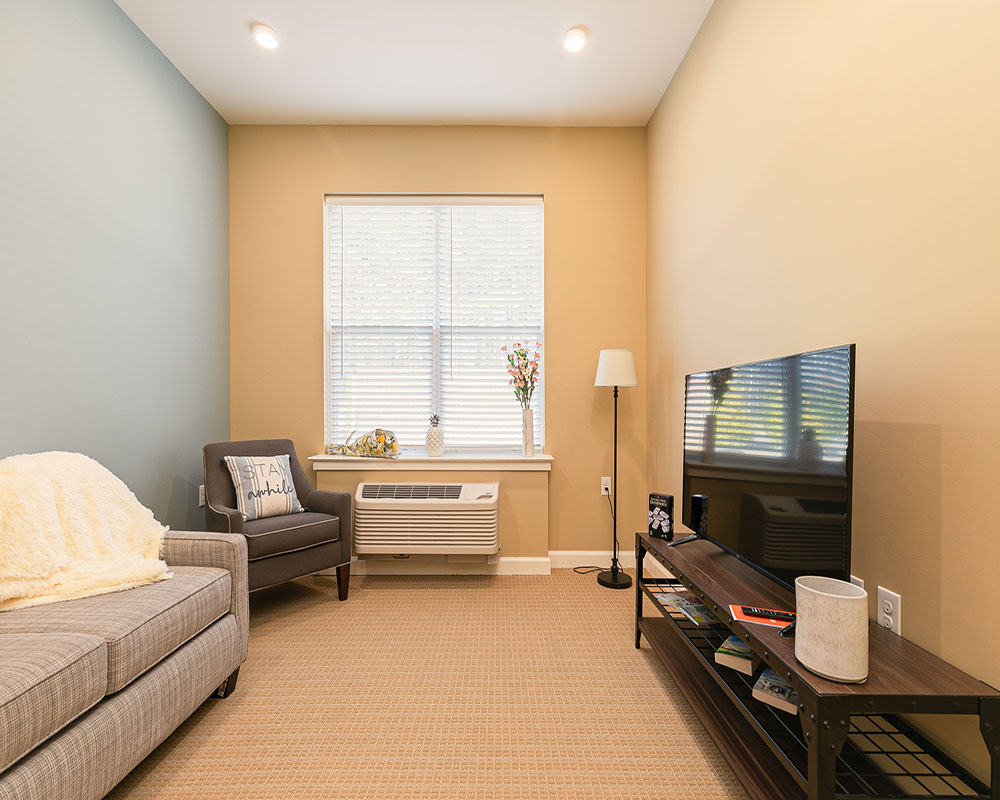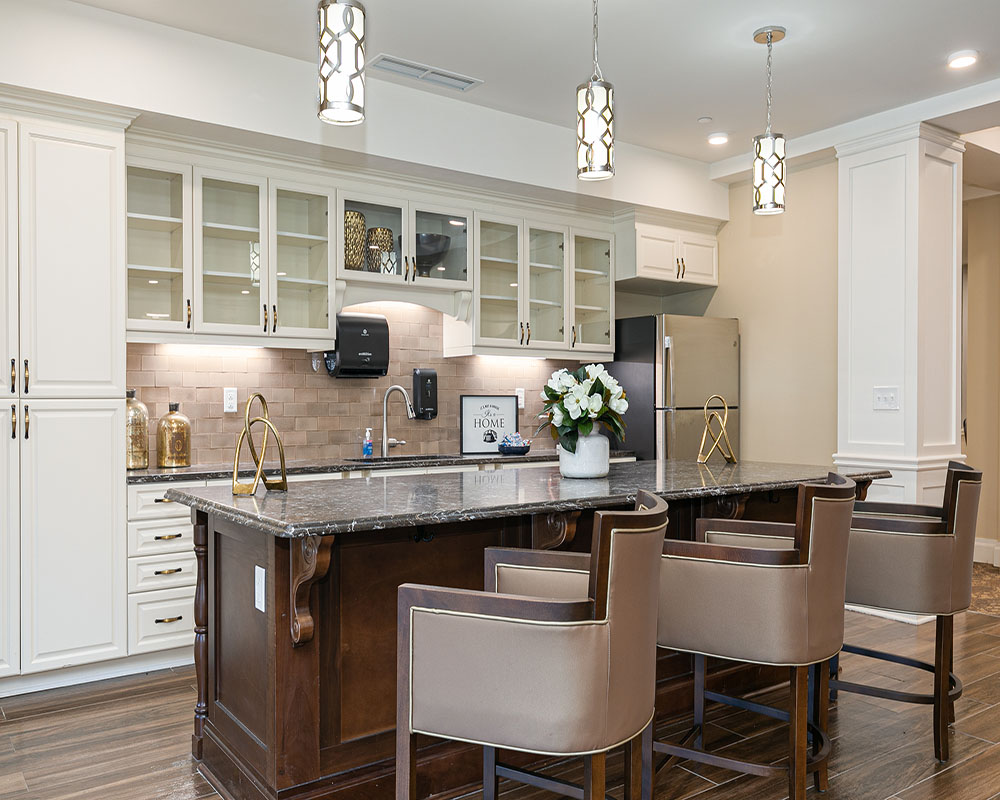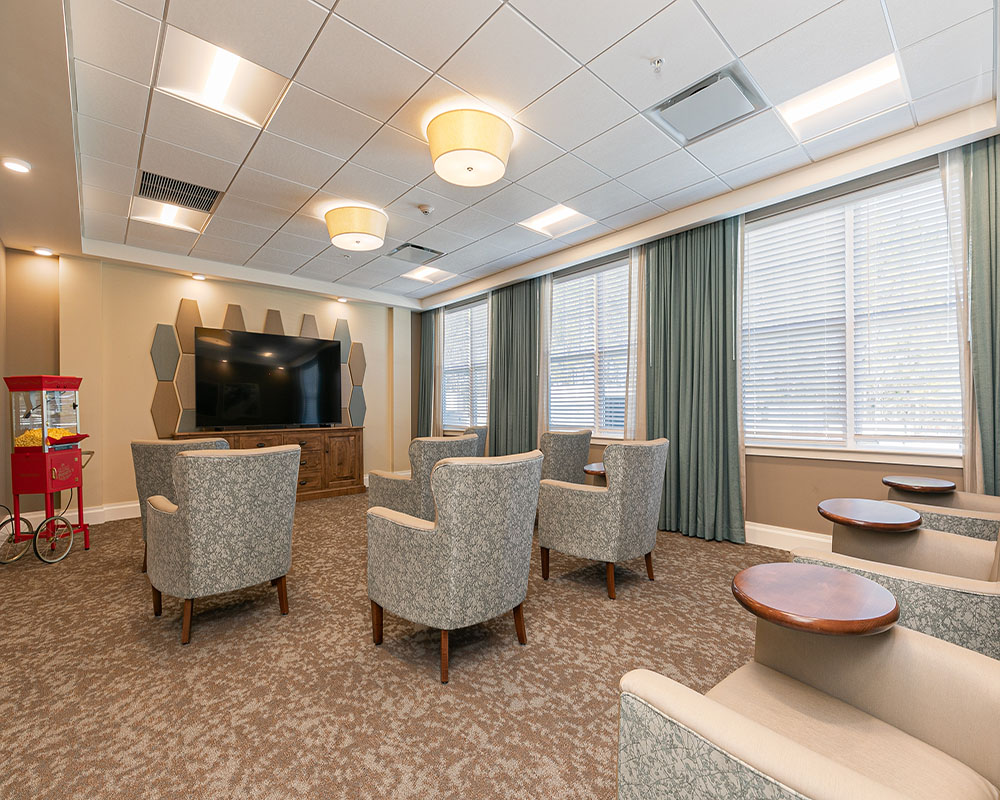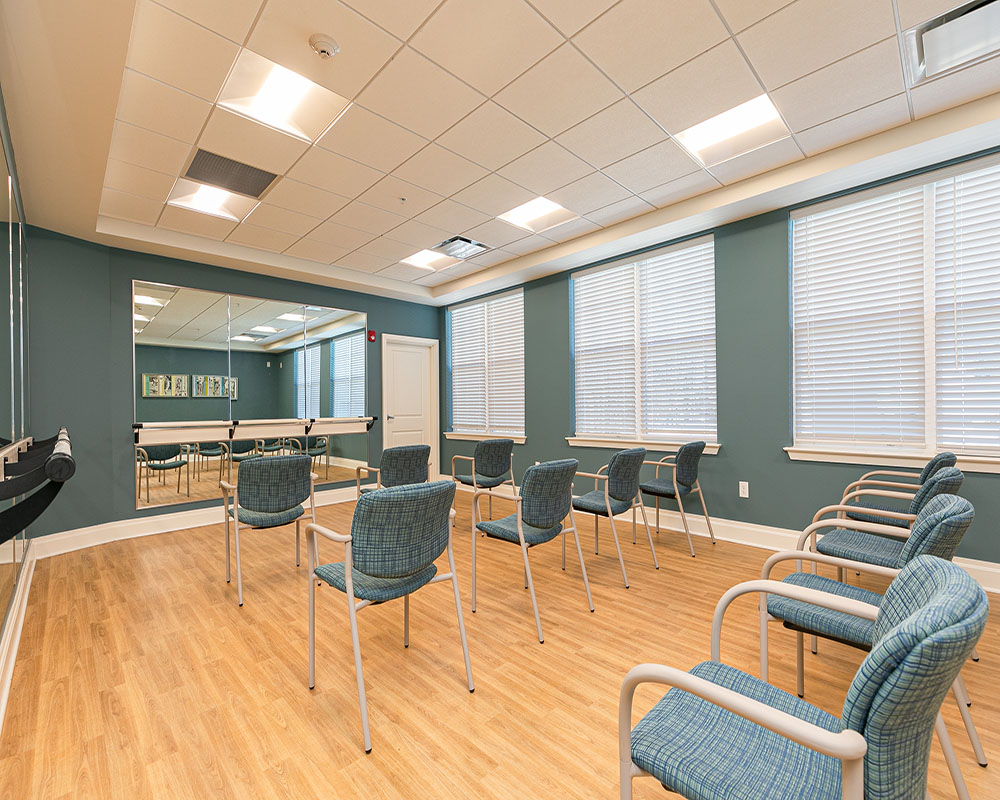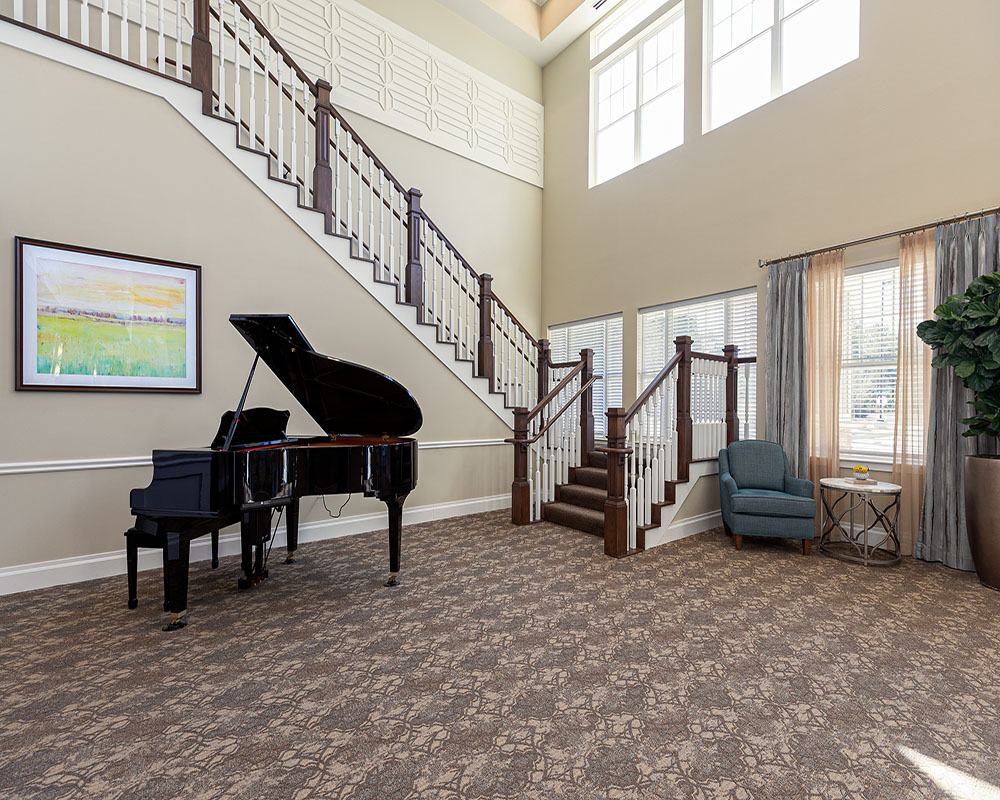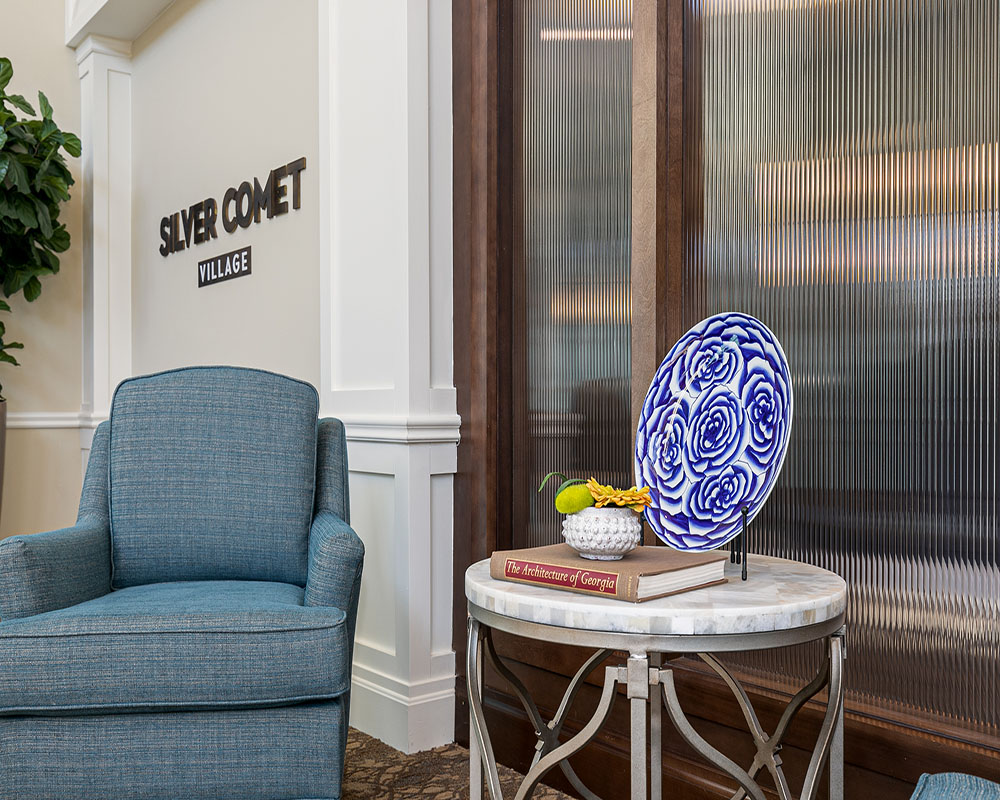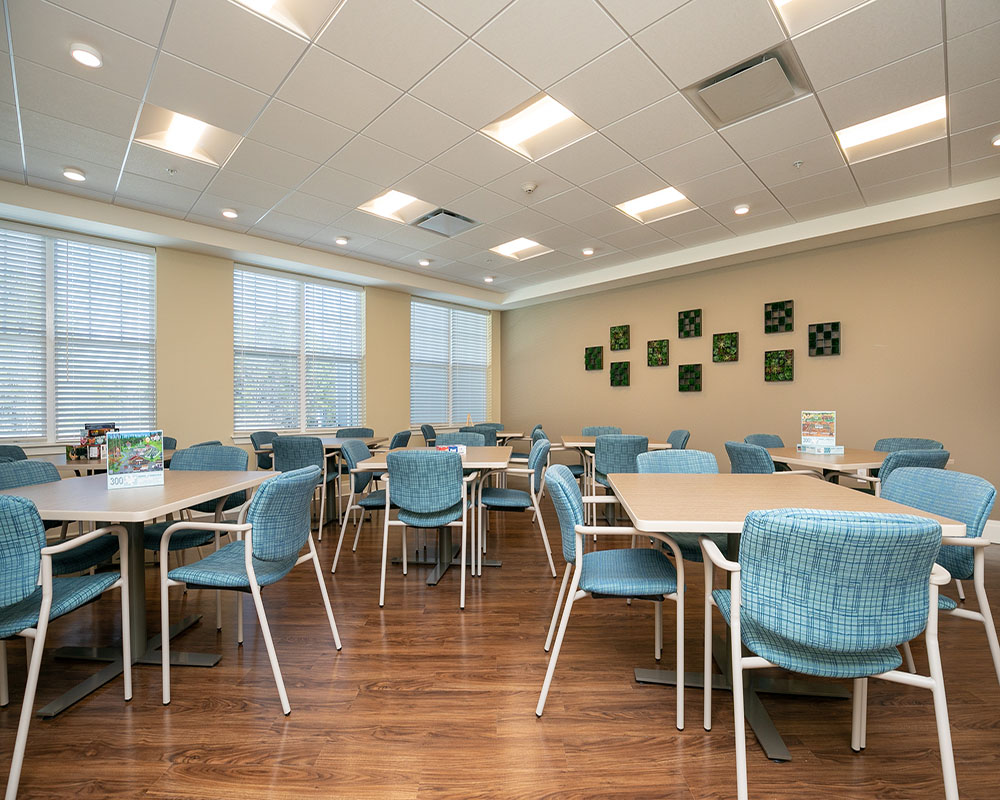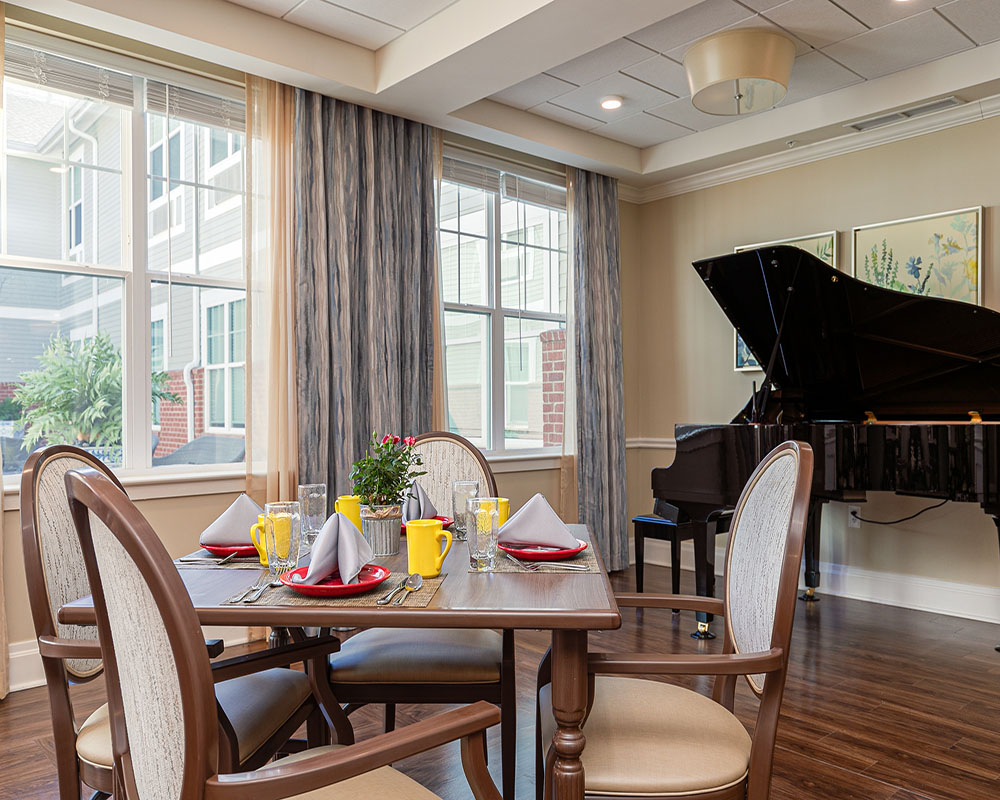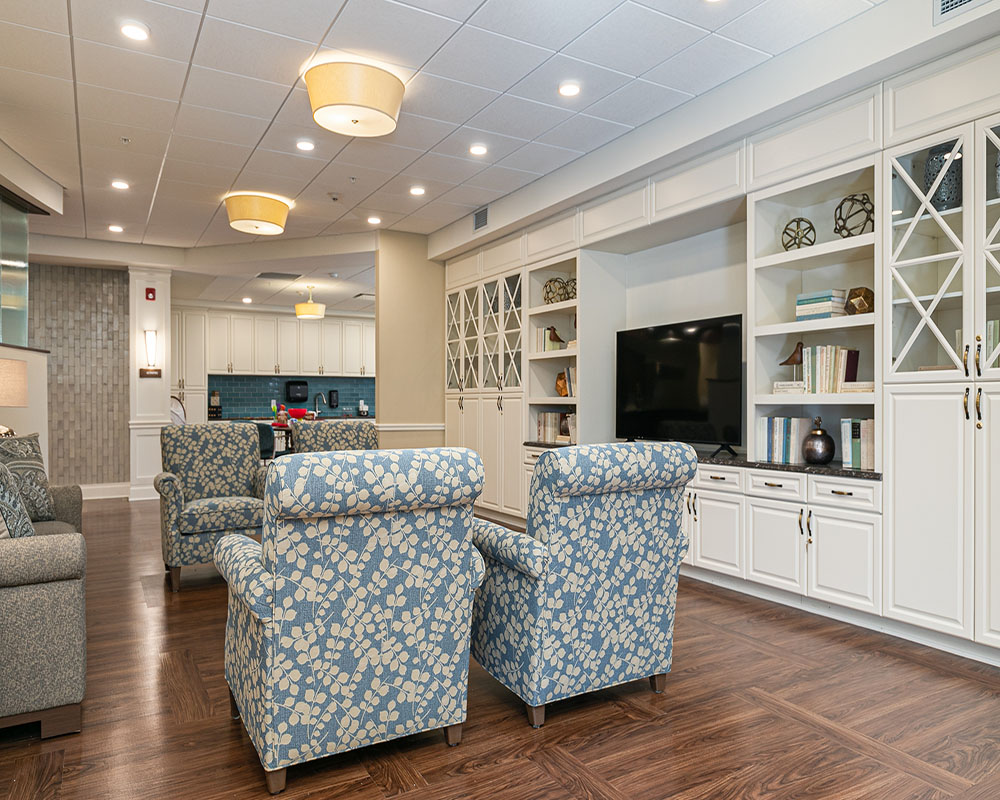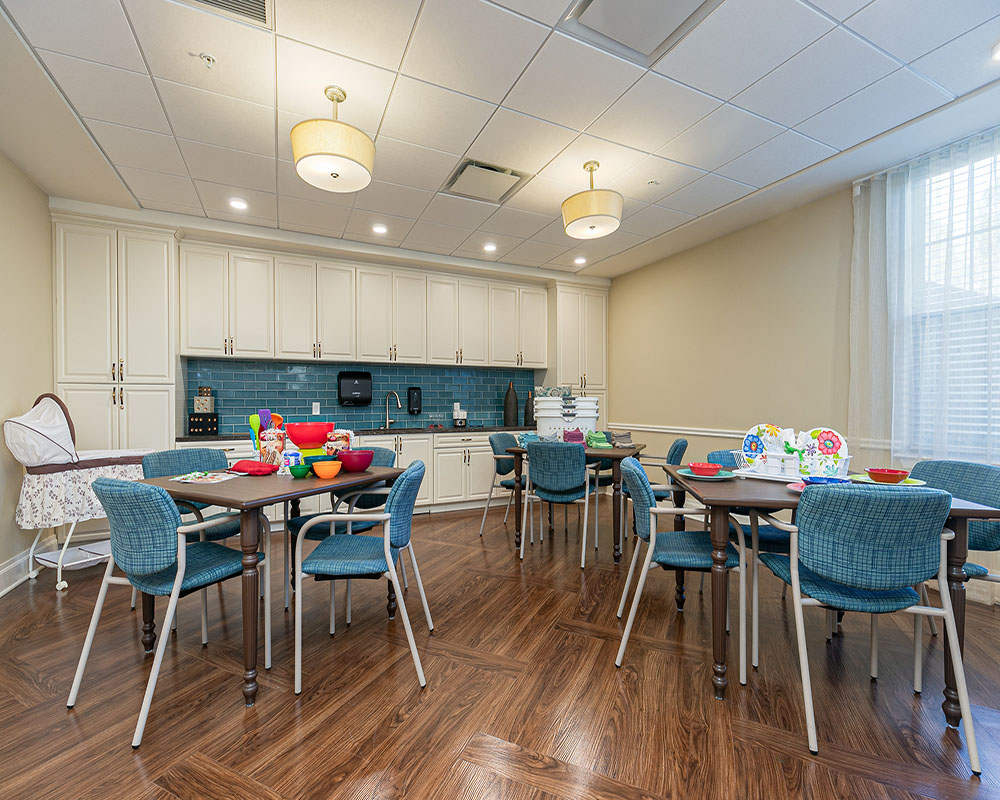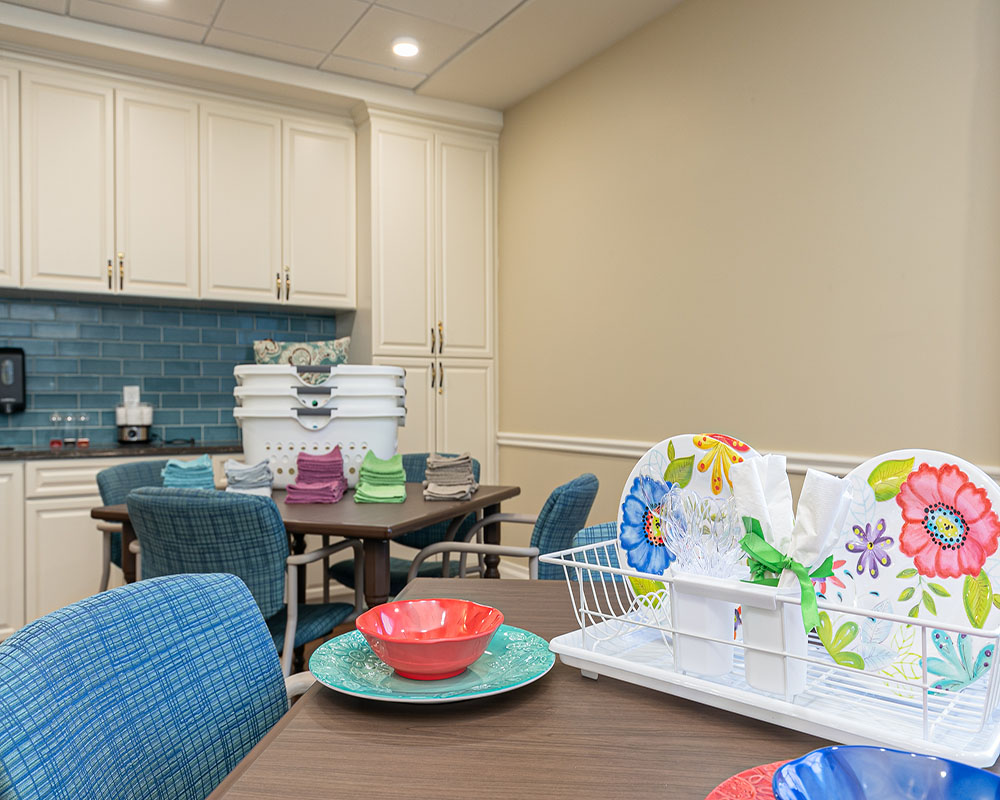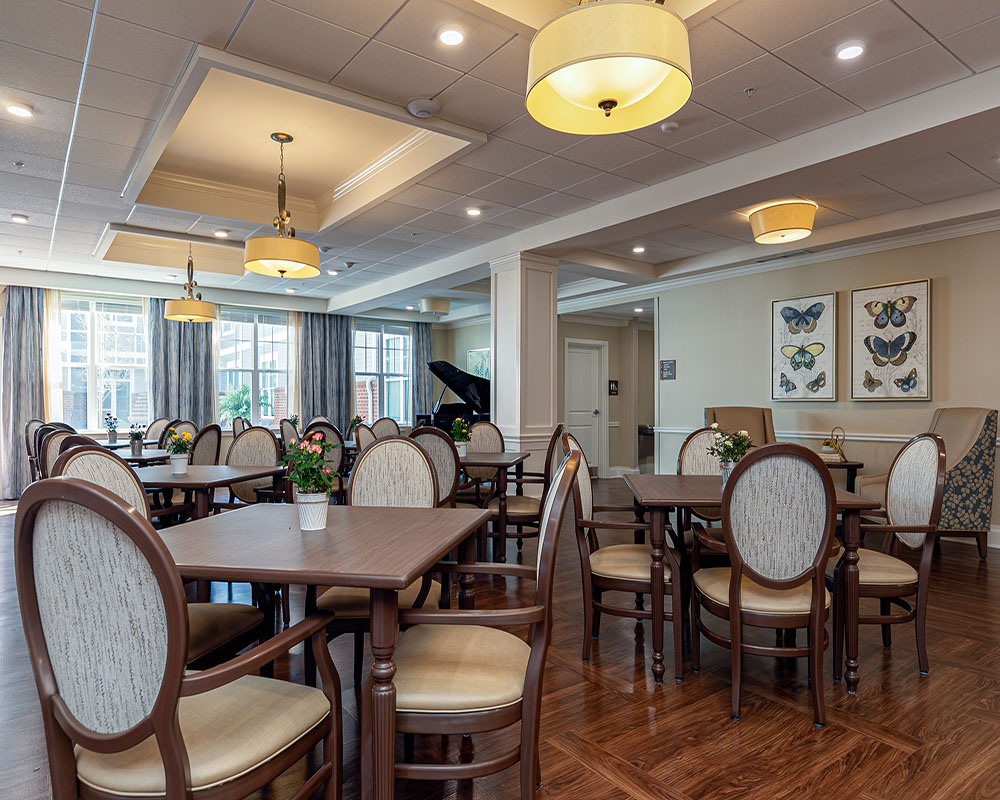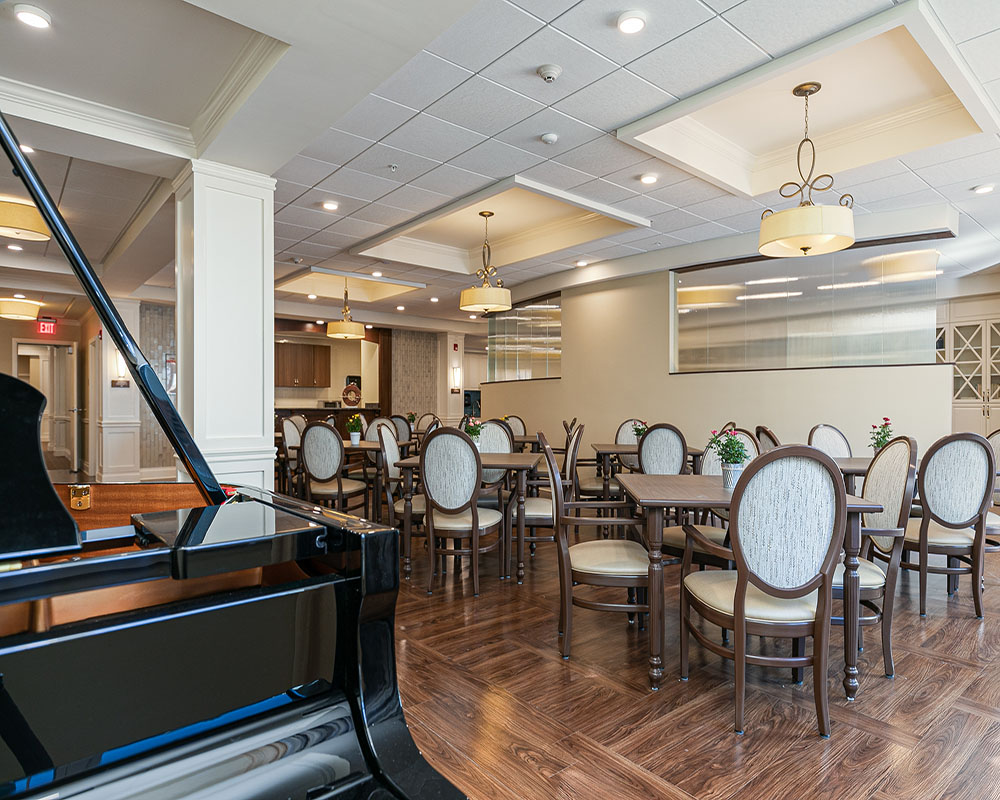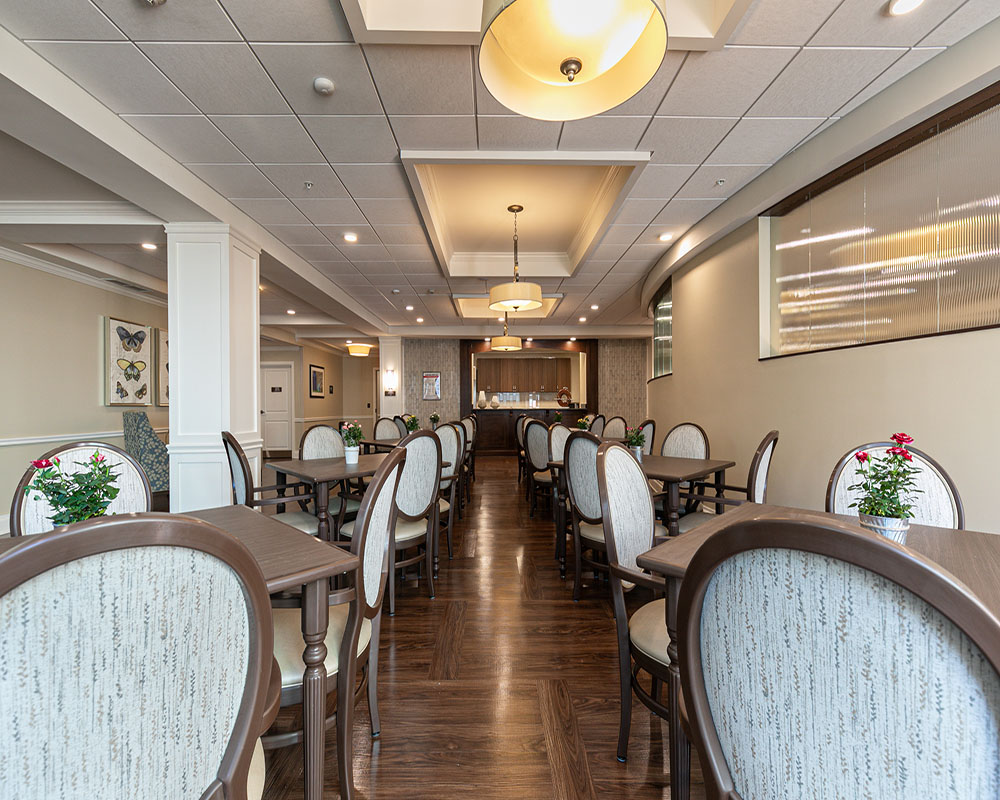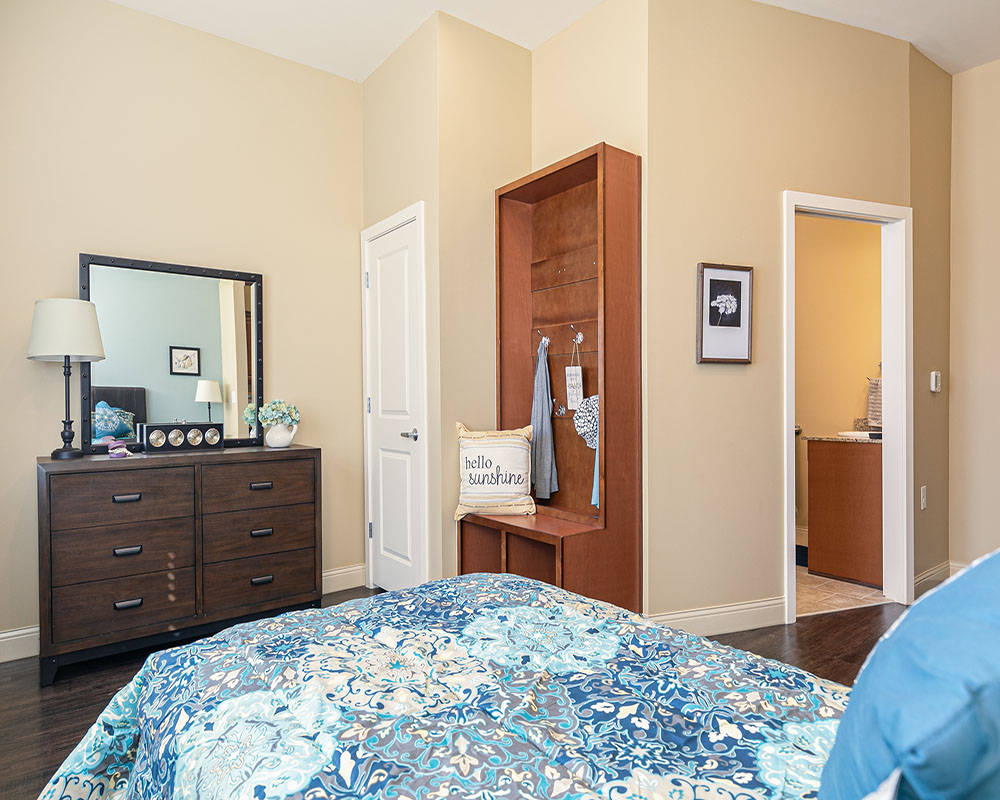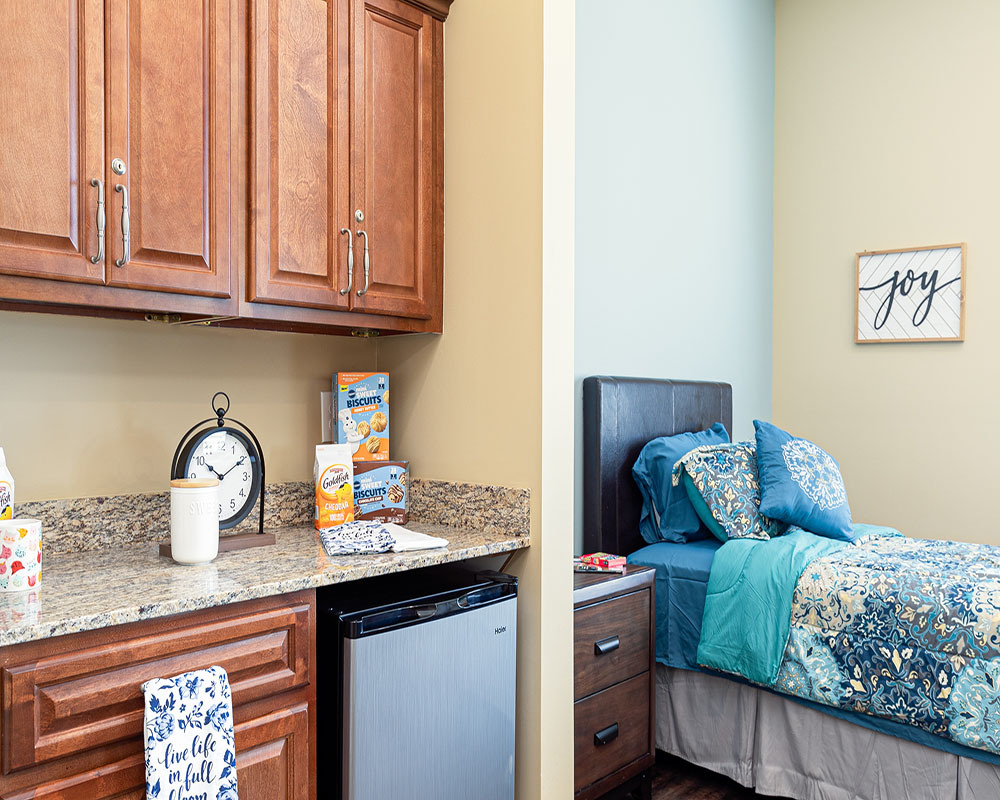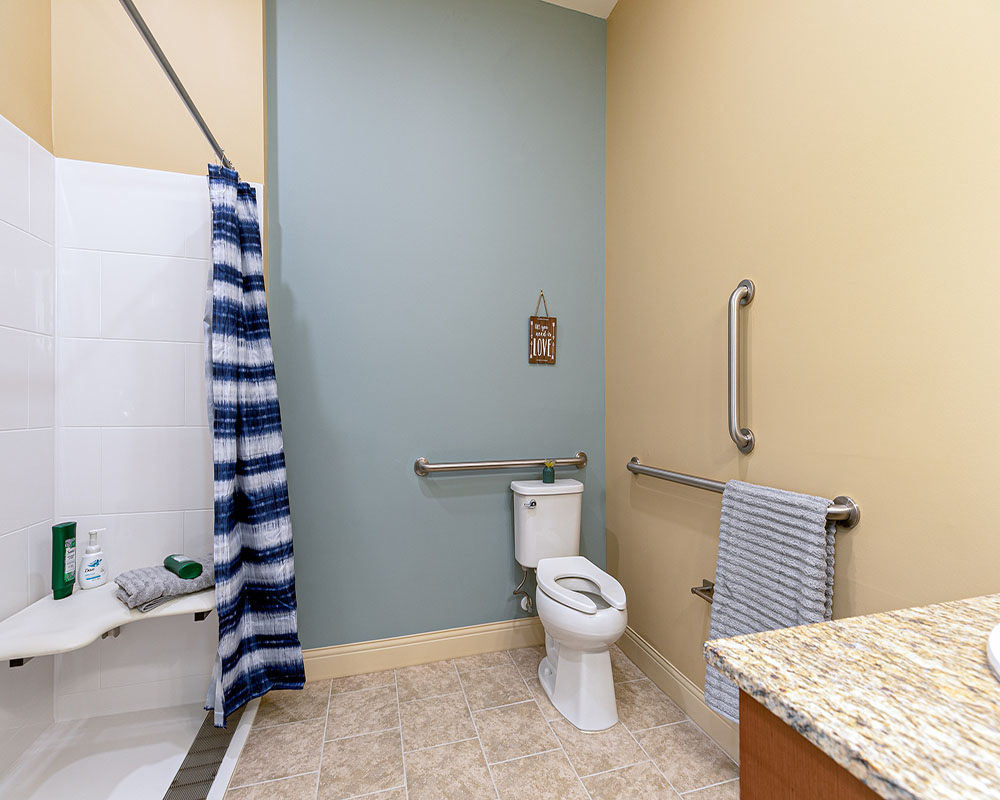As your parents age, it’s natural for them to experience physical and mental changes. However, depression is not a normal part of aging and shouldn’t be taken lightly.
Seniors may get out less and have a harder time making friends later in life. By reaching out when you notice a parent struggling, you can play a pivotal role in alleviating their condition and improving their overall well-being.
If you suspect that your parent is depressed, start by talking to them about the changes you’ve noticed and the impacts these changes are having on their daily life. An open and non-judgmental conversation can be the trigger they need to seek help.
recognizing depression
Depression is not always easy to identify, but it’s essential to recognize potential warning signs so that you can help your loved one access the care they need. Helping a parent through their depression can make them more capable of self-care and even have better outcomes while recovering from physical disorders.
Some signs your elderly parent may be experiencing depression include:
- Changes in mood and feeling distant from others
- Trouble sleeping or oversleeping
- Drastic weight changes
- Difficulties carrying out daily activities
- Trouble concentrating or making decisions
- Loss of pleasure or interest in activities and hobbies
- Feelings of worthlessness or guilt
- Sadness, hopelessness, crying, or having suicidal thoughts
start a conversation
The first step in helping a depressed parent is having an open conversation. It’s important to approach the topic with sensitivity and care. As a caregiver and loved one, it’s natural to want to offer comfort and support, but sometimes, we may unknowingly talk down to them, which can harm their mood and confidence.
You can start the conversation by expressing your observations and concerns. Assure them that they have your support and that they’re not alone on this journey. Try to understand where they are coming from and what might be causing their depression. It’s important to let them take the lead in the conversation and not lecture or preach.
One of the worst things you can do when talking to someone about their mental health is to invalidate their feelings. Saying things like “you shouldn’t feel that way” or “just be positive” can make them feel even worse. Instead, validate their feelings and try to provide support and kindness.
help your loved one be more social
Seniors are at a higher risk of loneliness and social isolation, which can lead to depression and other mental and physical health issues.
Encourage your parent to join groups or clubs that share their interests. This can be a great way to connect with others who share similar hobbies or lifestyles. Paint or trivia nights can be fun ways to spend the evening with family or friends. You might also encourage them to attend church or other religious activities or to volunteer with local charities. Sometimes, the simple act of being part of a community can work wonders for combating loneliness.
If your parent is no longer able or willing to drive, they may quickly become isolated at home. Consider providing transportation to social activities or events outside the house.
Technology can be a great way to stay connected with loved ones, particularly if family members live far away. Introduce your parent to social media platforms or show them how to connect through video calls.
encourage physical activity

Physical activity can be an effective way of managing depression across all age groups, but it’s particularly important for seniors. Studies have found that exercise can significantly improve mood, reduce anxiety, and boost self-esteem. In addition, physical activity can help reduce the risk of cognitive decline, leading to a more active and fulfilling life.
Seniors can explore low-impact exercise classes like yoga or Pilates. Or, they can try their hand at gentle resistance training using weights or resistance bands. Older adults can also engage in light aerobic activities like walking or swimming, or they can take up gardening, dancing, or other active hobbies they enjoy.
For a double dip of active living and being social, your parent could join a group fitness class where they can meet new people. You can help them schedule regular dates with friends or family members to engage in physical activity together, like a weekly walk or game of tennis.
encourage counseling
Your parent might not be comfortable talking about their feelings with you or anyone else in the family. The parent-child dynamic could make them resistant to showing something they may consider a “weakness.” Counseling provides people with a safe and confidential environment where they can freely talk about their feelings and thoughts.
Additionally, counseling can help seniors understand some of the challenges of aging and how to cope with them. It can also help them manage the emotions and stress they might be experiencing, as well as provide them with professional guidance and support to deal with depression.
It’s normal for people to be resistant to change, especially if they’ve been doing things the same way for a long time. Your loved one may hold a stigma around counseling, so focus on the benefits it can provide. You can explain that it’s common and that many people, even those who don’t currently have symptoms of depression, seek counseling to maintain their mental health and well-being.
consider senior living at silver comet village
If you’re seeking options to help your parent cope with depression or loneliness and live a more fulfilling life, it might be time to start considering senior living communities. Silver Comet Village is designed to foster independence in our residents, allowing them to retain their sense of self and connect with others in a supportive environment.
We believe that by encouraging group activities, residents can gain a sense of purpose and joy, breaking the cycle of loneliness that often fuels depression. Deciding to make the move toward senior living isn’t always easy, but it can allow your parent to be supported by professionals while giving you peace of mind.
Schedule your visit and explore the possibilities of senior living.














